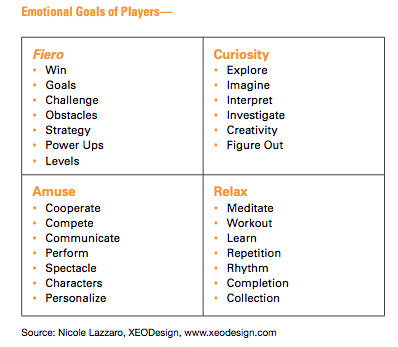Over breakfast this morning, I read Chapter 3 of SuperFreakonomics: Unbelievable Stories About Apathy and Altruism. The chapter mentions among other stories, the Ultimatum game and the Dictactor game, and their criticism of John List. Where many economists see in these games the proof that humans are altruistic by nature, John List only see the effect of selection bias (non-do-gooders not participating), scrutiny (doing good because you are being watched), and context in lab experiments.
Excerpts from the chapter:
Most giving is, as economists call it, impure altruism or warm-glow altruism. You give not only because you want to help but because it makes you look good, or feel good, or perhaps feel less bad
If John List’s research proves anything, it’s that a question like ‘Are people innately altruistic?’ is the wrong kind of question to ask. People are people, and they respond to incentives. They can nearly always be manipulated – for good or ill – if only you find the right levers
My opinion
I tend to hope in humans’ altruistic nature, but I’d rather bet on their ability to be ‘manipulated’ (wrong word) into being so, provided the right incentives.
One powerful incentive is publicity of one’s actions. A paper I read more than a year ago titled Donors to charity gain in both indirect reciprocity and political reputation, runs an experiment that supports the idea that people tends to donate more when they know that their donations are public information. If scrutiny of participants to an experiment gives them incentives to be more altruistic, then I don’t conclude that people are not altruistic, but that we should promote the use of public spaces where people’s actions can be judged by others and accounted for in a way that can be easily consumed by everyone. This means providing quantitative expressive forms, or quantitative derivatives of qualitative forms, and in general it means opening up data to credibly complement the traditional economy with a knowledge-like economy (for lack of better term).


